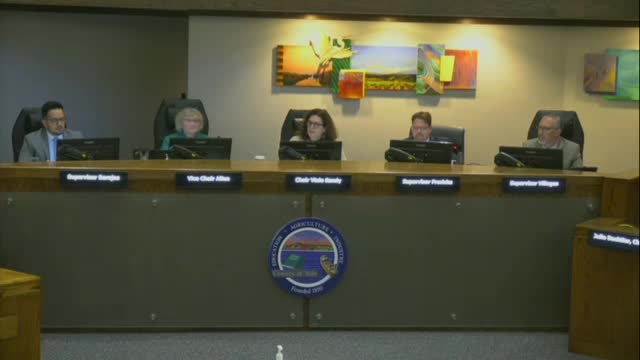Article not found
This article is no longer available. But don't worry—we've gathered other articles that discuss the same topic.
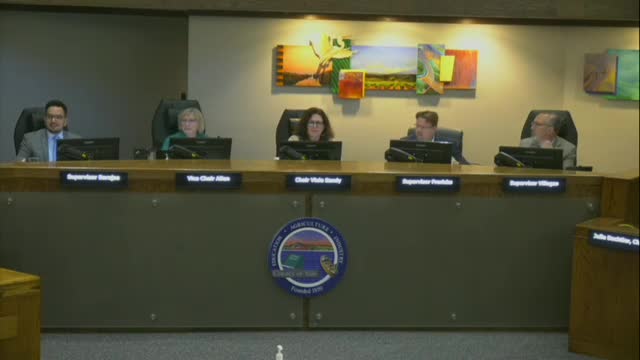
Yolo County Resource Conservation District reviews 2023–24 annual report; highlights wildfire, farm and habitat work
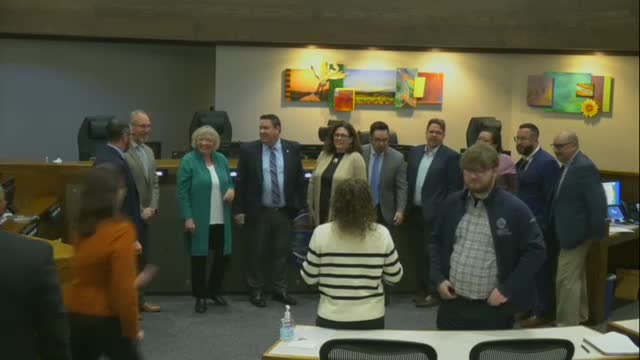
Yolo County presents preliminary findings from two-year basic income pilot for families with young children
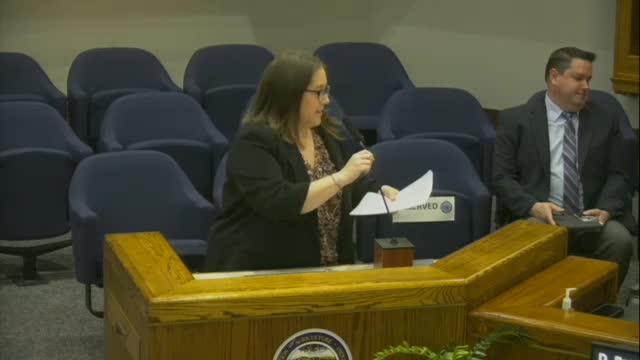
Board adopts master fee resolution to add fee for cannabis "limited operations" status
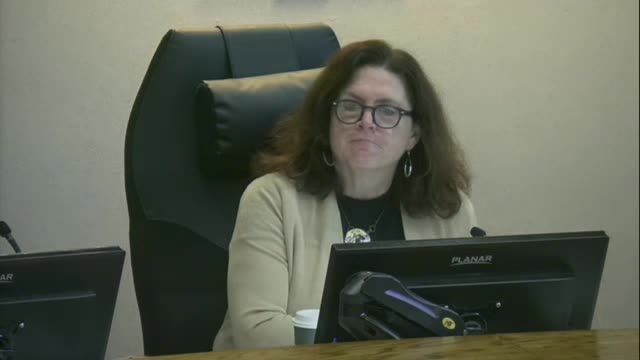
Yolo County midyear budget: higher electrical bills from offline solar arrays prompt contingency requests
